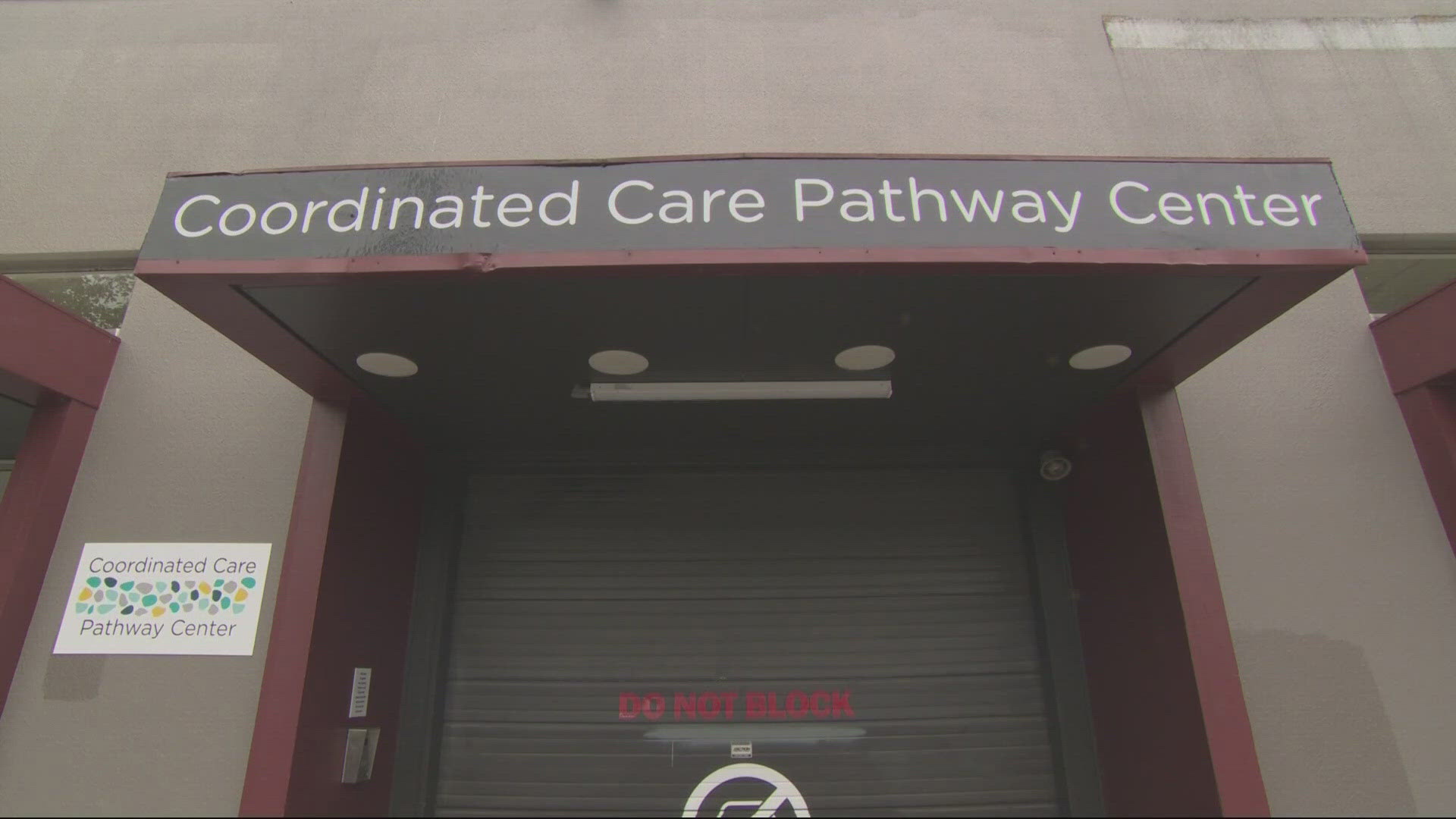PORTLAND, Ore. — In the first two months since simple drug possession was recriminalized in Oregon, officials in Multnomah County say that 91 people were referred to deflection instead of being charged and funneled into the criminal court system.
Recriminalization became effective Sept. 1, the date set by the Oregon Legislature in House Bill 4002, passed in the spring. Between that date and Oct. 31, Multnomah County said that law enforcement agencies made a total of 91 successful referrals into deflection. Those in turn led to 191 referrals to services, which the county clarified could include sobering, detox, outpatient treatment, peer services or housing navigation.
The deflection referrals were more than the county anticipated, and for most of that two-month period, accounted for some 40% of deflections statewide, Multnomah County said, citing an OPB report. The county has estimated it will get between 300 and 800 people referred for deflection each year.
“We are pleased that the program is up and going, but we still have a long way to go,” said Multnomah County Health Director Rachael Banks. “From a public health perspective, our top priority is preventing overdose deaths, and anyone who has seen a loved one struggle with addiction knows it can take multiple attempts to gain long-term recovery.”
Multnomah County's deflection program was initially supposed to launch Sept. 1 with a physical location, known as the Coordinated Care Pathway Center, to receive people picked up by law enforcement for drug deflection. But renovation and staffing recruitment delays prompted the county to push its opening until Oct. 14.
For the first six weeks of the program, outreach workers instead met law enforcement officers in the field to offer deflection for those eligible, accounting for a majority of the referrals thus far. Between the Pathway Center's opening and the end of October, Multnomah County reported that 19 people had been referred there and 13 deflections were "initiated."
When asked, a county spokesperson indicated that the six people who did not engage in deflection likely changed their minds and decided not to complete intake at the Pathway Center. Those individuals weren't then taken into custody, but will be treated as having failed deflection if law enforcement encounters them again.
The vast majority of the referrals came from Portland police. Multnomah County reported receiving just one referral from Gresham police, noting that the city has primarily opted for mobile deflection due to the Pathway Center's location in Portland's Central Eastside, and the Multnomah County District Attorney's Office referred another person.
Portland police officials said Thursday that they'd conducted about 225 drug possession-related interactions since Sept. 1, leading to 97 referrals for deflection. Another 130 people were taken into custody instead.
Multnomah County has pledged to provide a bi-weekly snapshot on deflection referrals after a two-week lag to "analyze and verify data," with quarterly reports beginning in mid-February 2025. There will also be a yearly report released in winter 2025.
Deflection and community controversy
In order to be eligible for deflection, someone caught in possession of drugs must not be committing any other crimes, must not have any warrants and can't have failed deflection within the last 30 days. If eligible, those people will be given a choice of deflection or arrest.
After engaging with deflection, a person has to seek the treatment identified by a peer specialist within 30 days or risk failing the program, opening them up to arrest if caught in possession again.
The Pathway Center is run by Baltimore nonprofit Tuerk House, and their staff initiate the deflection process. But treatment isn't handled directly at the facility, and Portland's detox facilities generally don't have the availability to take walk-in referrals throughout the day. Other forms of treatment tend to be outpatient. The end result is that people who enter deflection leave the facility without directly entering treatment, and are not transported elsewhere unless they request to be.
Since well before the Pathway Center opened, that's been an issue for some neighbors. The nearby Escuela Viva Community School sued the county, alleging that officials violated public meetings law by drafting the deflection plan behind closed doors, and attempted to block the Pathway Center's opening. The school was unsuccessful in stopping the center's opening, and the lawsuit has since been dropped.
The school and other neighboring businesses have complained that the county did not prioritize developing a Good Neighbor Agreement before the Pathway Center opened, and have limited their security efforts to only the immediate area of the building.
In its statement Thursday, Multnomah County said that it is continuing conversations with neighbors to finalize an agreement for the Pathway Center, saying in a briefing that they are "committed to being good neighbors, with or without an agreement, and their goal is to make the neighborhood safer by being a part of it."
The county added that Tuerk House staff had listened to and addressed reports of safety and security issues at the facility, but there had been "no reports of increased loitering or criminal activity related to program participants."

